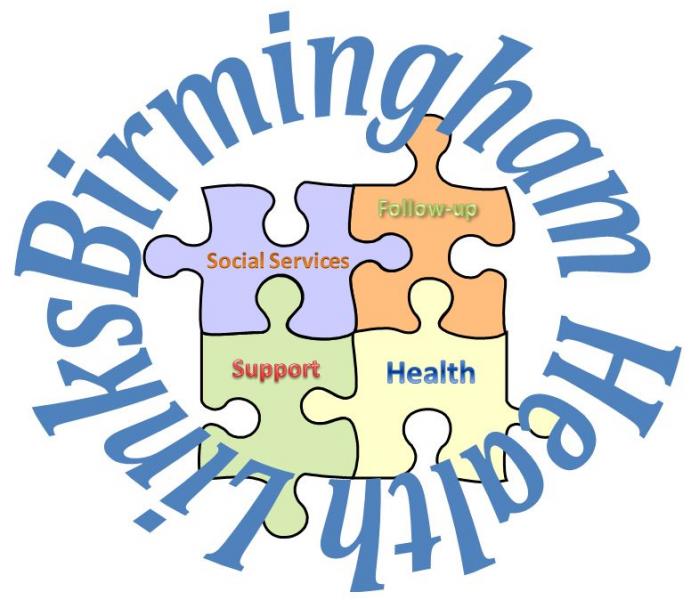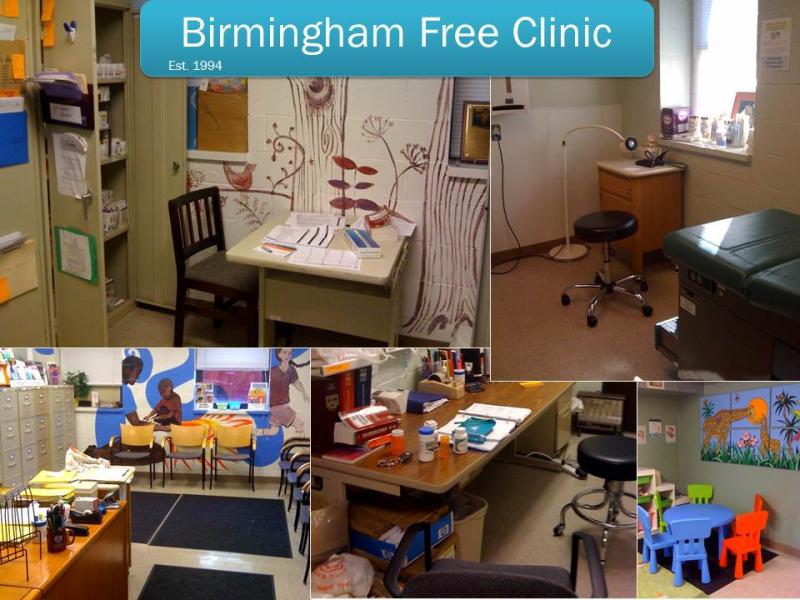Improved Quality of Life Requires Access to Health Resources
According to the Institute of Medicine, access to health care is “the timely use of personal health services to achieve the best health outcome.” In an ideal world, all individuals would have the means to acquire these services and to receive them in an expedient manner, but that is simply not the case. Barriers to care such as language, age, and lack of financial resources, among other things, can serve as contributing factors to poor quality of life. With that in mind, I make an effort to ameliorate those barriers by helping patients navigate the health system at my site.
At the Birmingham Clinic, uninsured patients come with a variety of health needs that include acute problems and chronic conditions. Although these issues can be mostly taken care of on-site, sometimes patients require services that we are unable to perform due to our own limited resources. Therefore, I facilitate the process of helping patients find other sites where there needs can be adequately met. This sometimes includes referrals for gynecological care, imaging tests and dental care, to name a few. Taking into account the patient’s individual circumstances, not every referral is the same. It is always important to remain mindful when determining which service will be the most beneficial to the patient (i.e. free or low cost, location, follow-up care, etc.)

These medical referrals play an important part in improving the patient’s overall health, however, I have seen that the need for social services also impacts health. There are several patients that walk into our clinic who have been out of their medication for months and fail to receive their refills due to the stressors of life such as unemployment or homelessness. Sometimes we do not consider how social determinants of health such as one’s living environment or access to food can alter one’s state of being. Fortunately, Birmingham has recognized this problem and through their program, Birmingham Health Links (BHL), student volunteers can engage patients one-on-one to address social needs and to find proper solutions. These volunteers are specially trained in the amazing work they do, so if I come across a patient who expresses a specific need to me or who I think may benefit from the assistance of BHL, I always refer them to the program. In this way, the patient can receive comprehensive care during their visit and s/he can hopefully prioritize their well-being once they leave.
The availability of these resources at Birmingham may not completely eliminate the barriers our patients face, but it can help point them in the right direction instead of leaving them struggling to find resources on their own.
-Yaminah Romulus, Pittsburgh Health Corps Member, 2014-2015.
